Register for FY25
Full-Year Financial and Programmatic Results
This is the
Power of Possible
Through a network of nonprofit affiliates and a footprint across the U.S., U.K., and Canada, The Fedcap Group serves more than 332,000 people each year. Across our four integrated practice areas – education, workforce development, health, and economic development – we deliver research-based solutions that open doors to economic mobility and well-being for barriered communities.
We serve people from all walks of life
The Fedcap Group provides comprehensive support for a broad cross-section of individuals facing barriers—including at-risk children, working families, veterans, individuals with disabilities, people affected by substance misuse, justice-involved individuals, and older workers.
Strategic work delivered through four integrated practice areas
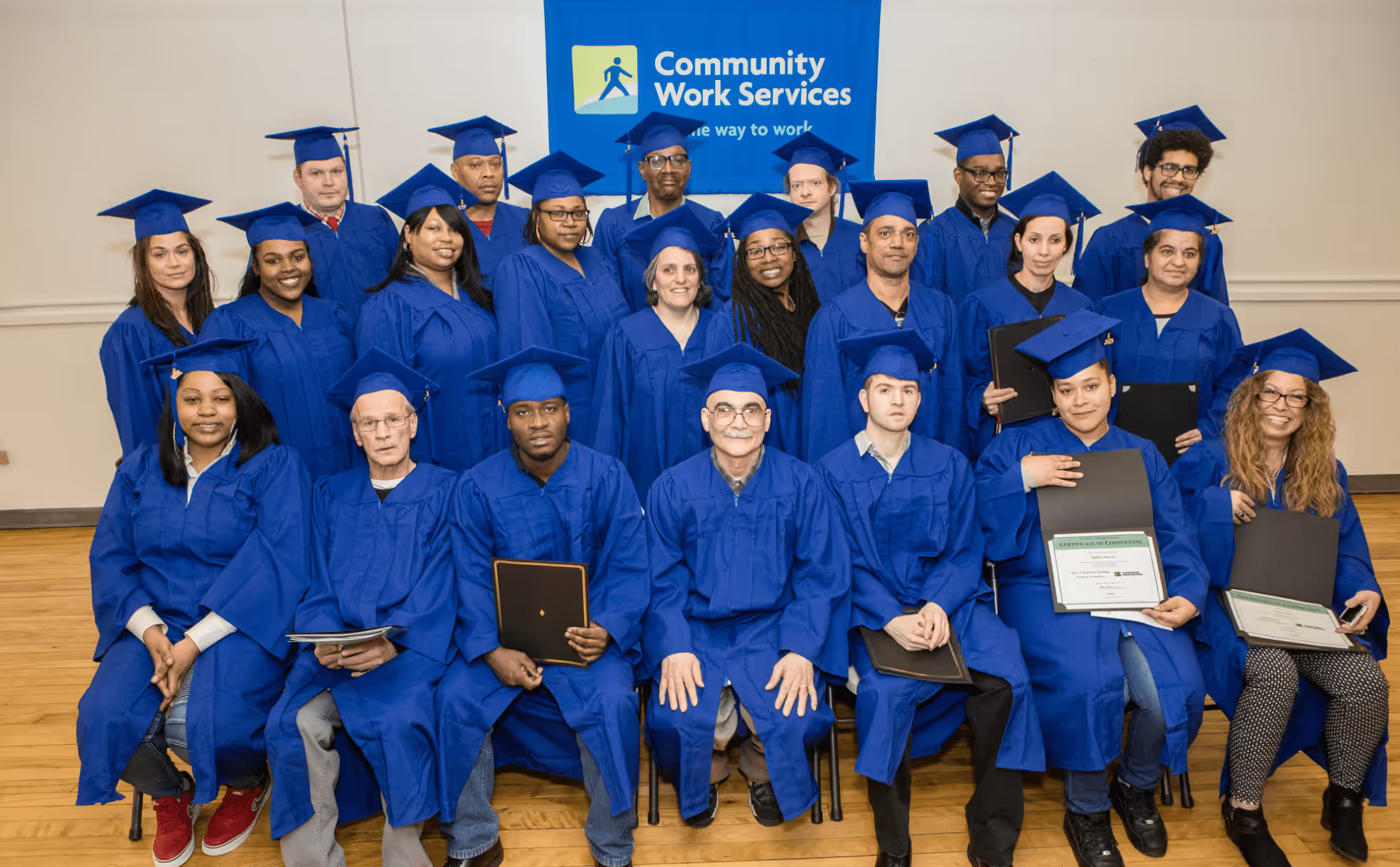
Education is a driver of lifelong opportunity. From early childhood to post-secondary and technical training, our programs span every stage of learning. Children are prepared to thrive in school, young people with barriers receive critical support, and adults gain skills to succeed in college and the 21st-century workforce.
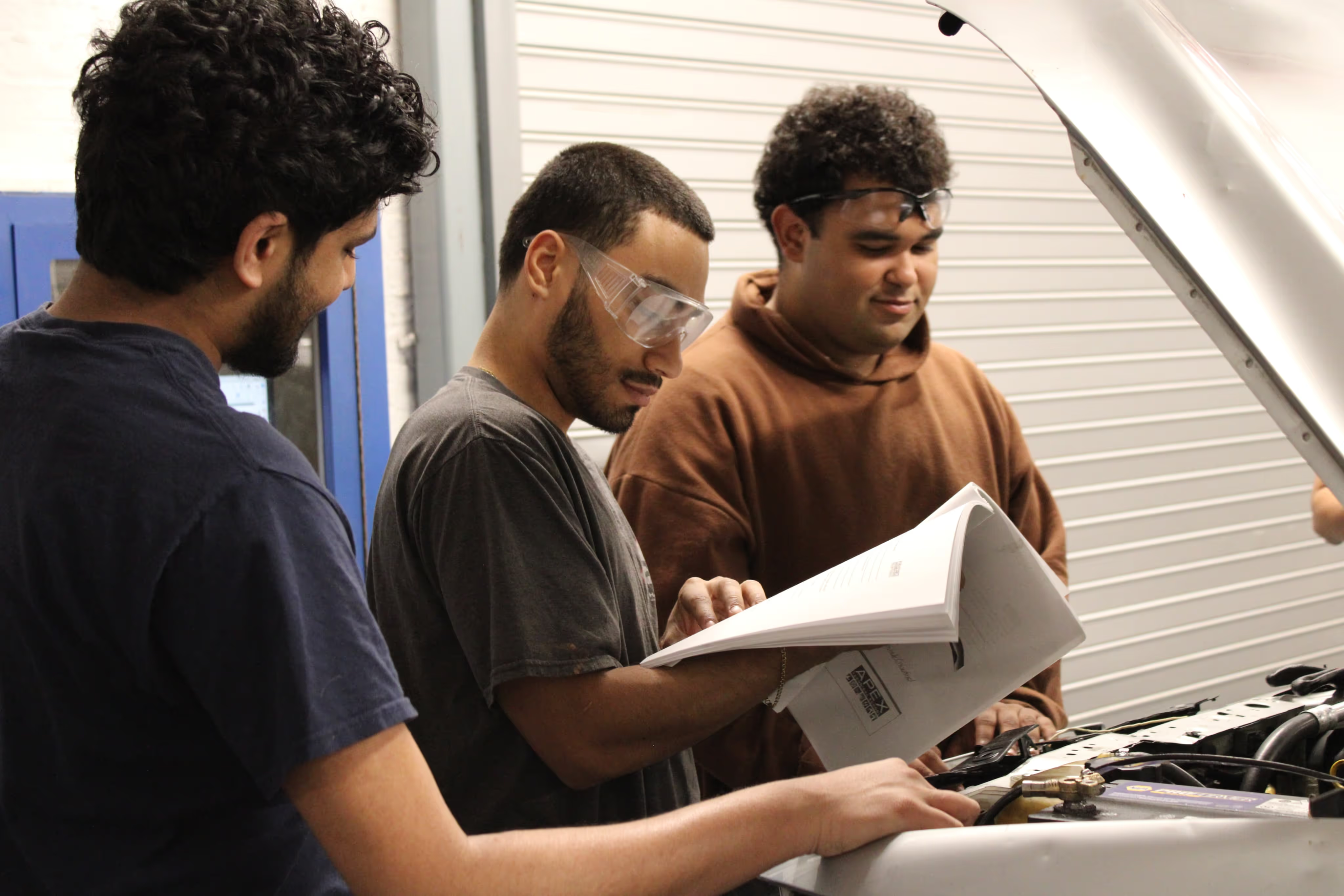
Workforce development is a bridge to economic stability and business growth. Through short-term, industry-driven training, soft skills development, and post-placement support, individuals are prepared for in-demand jobs. Programs also help employers meet evolving staffing needs across the U.S., Canada, and the U.K.
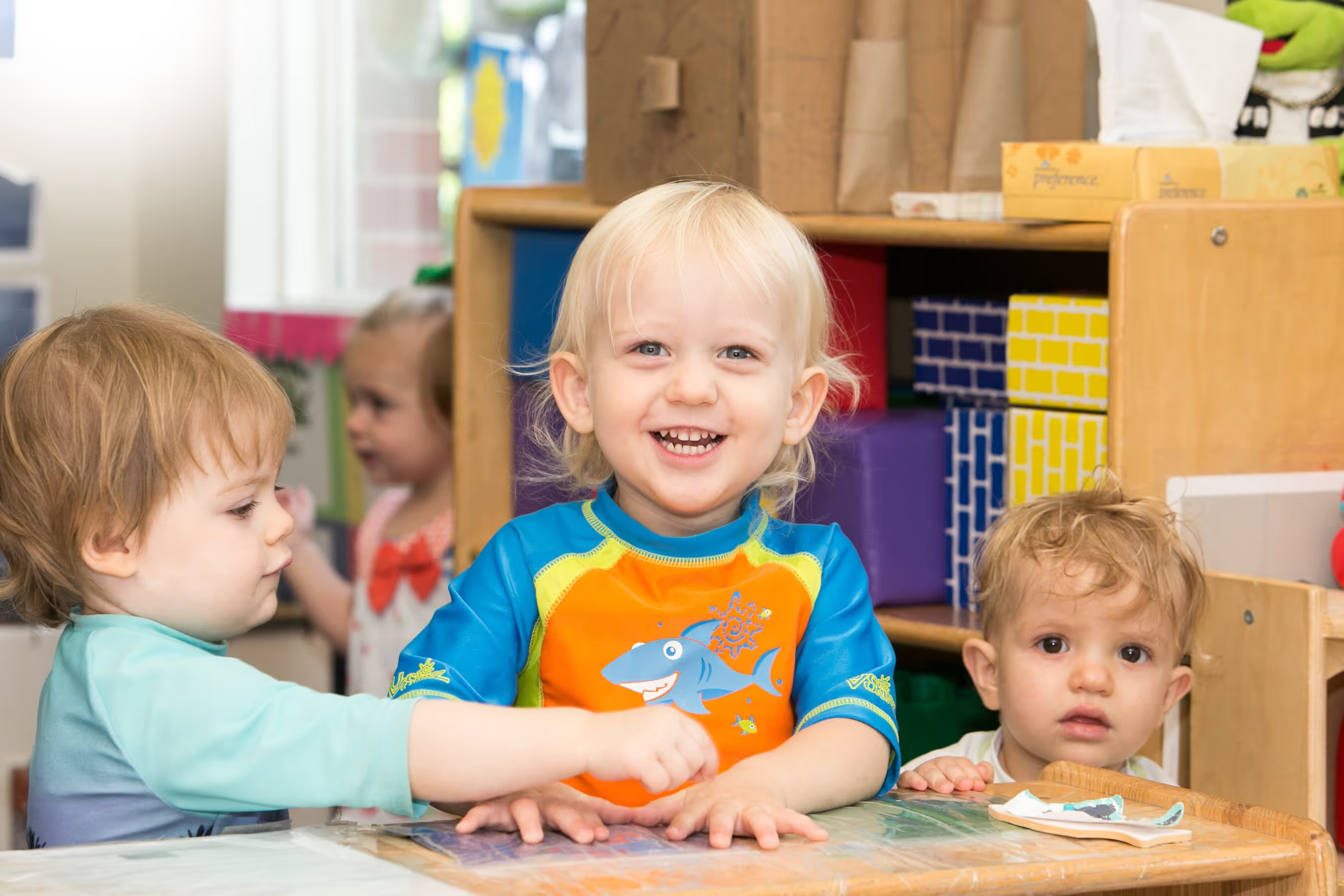
Health is foundational to stability and economic mobility. Programs focus on public health education, care coordination, and access to treatment, reducing hospitalizations and improving long-term outcomes. Partnerships with integrated provider networks help individuals manage chronic conditions and stay connected to care.

Economic development expands opportunity by building strong businesses, skilled talent, and resilient communities. Through commercial enterprises, workforce investment, and green innovation, our programs generate jobs and strengthen local economies. We bring funding and tools to historically excluded communities to support growth and build better futures.
Programs delivered through a network of affiliates
The Fedcap Group is a growing international network of affiliates. Each plays a vital role in advancing, economic mobility, and well-being for people with barriers.
Together, our organizations operate across four core practice areas, combining local expertise with shared infrastructure, innovation, and a platform for sustainable growth. Our network model supports scalable impact, serving hundreds of thousands of people each year.
Firstname Lastname
Job title

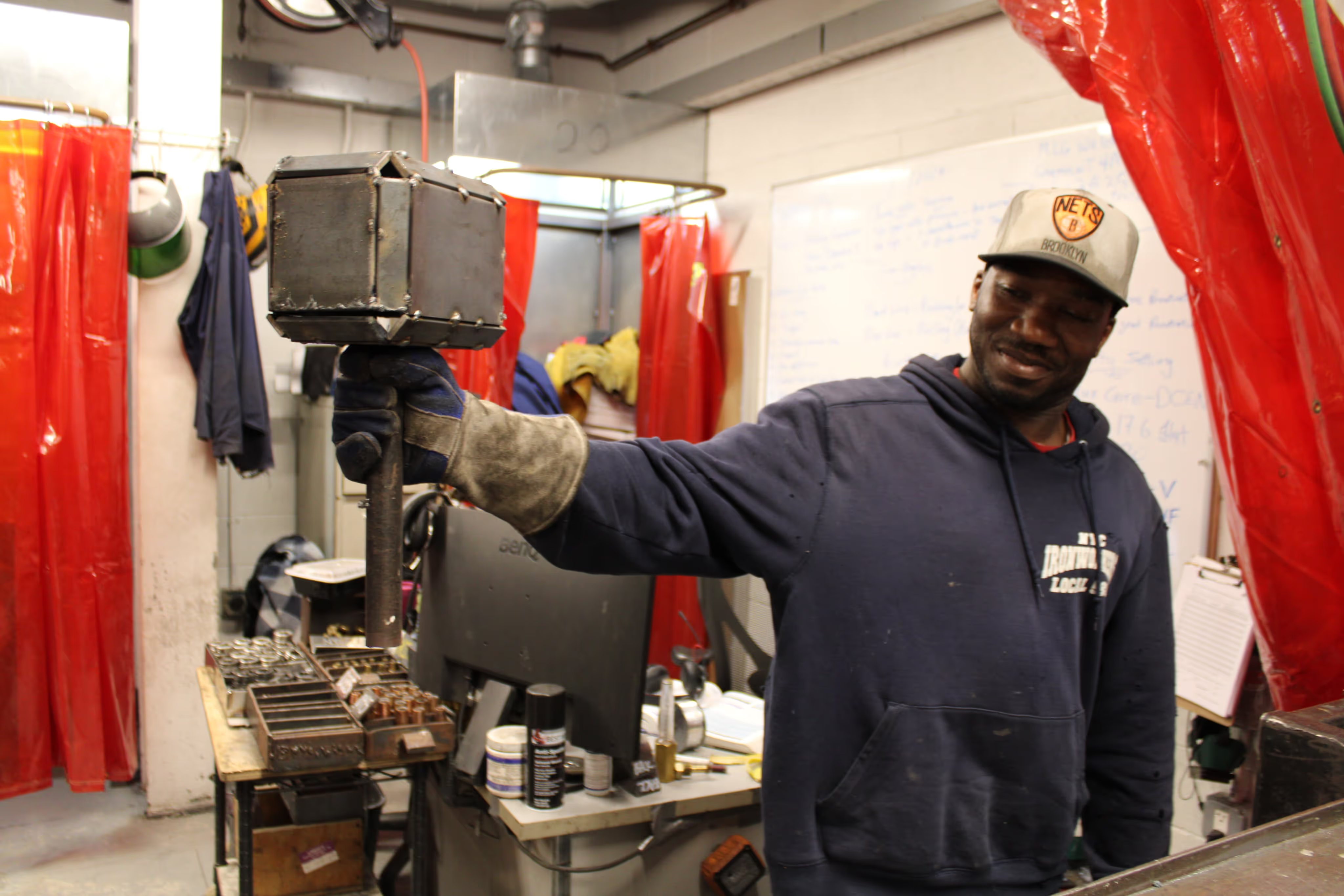

Turning insight into action
The Community Impact Policy Institute leads research and consulting initiatives that identify and address barriers to economic well-being. Learnings from this work inform program design, guide innovation, and strengthen the impact of services delivered across our network.

Scaling Your Organization
The Fedcap Group offers a number of leading SaaS platforms designed to close service gaps and drive economic well-being. From immersive training environments to tools that streamline access to care, our technology solutions meet real-world needs and deliver measurable results.
-min.avif)

-min.jpg)


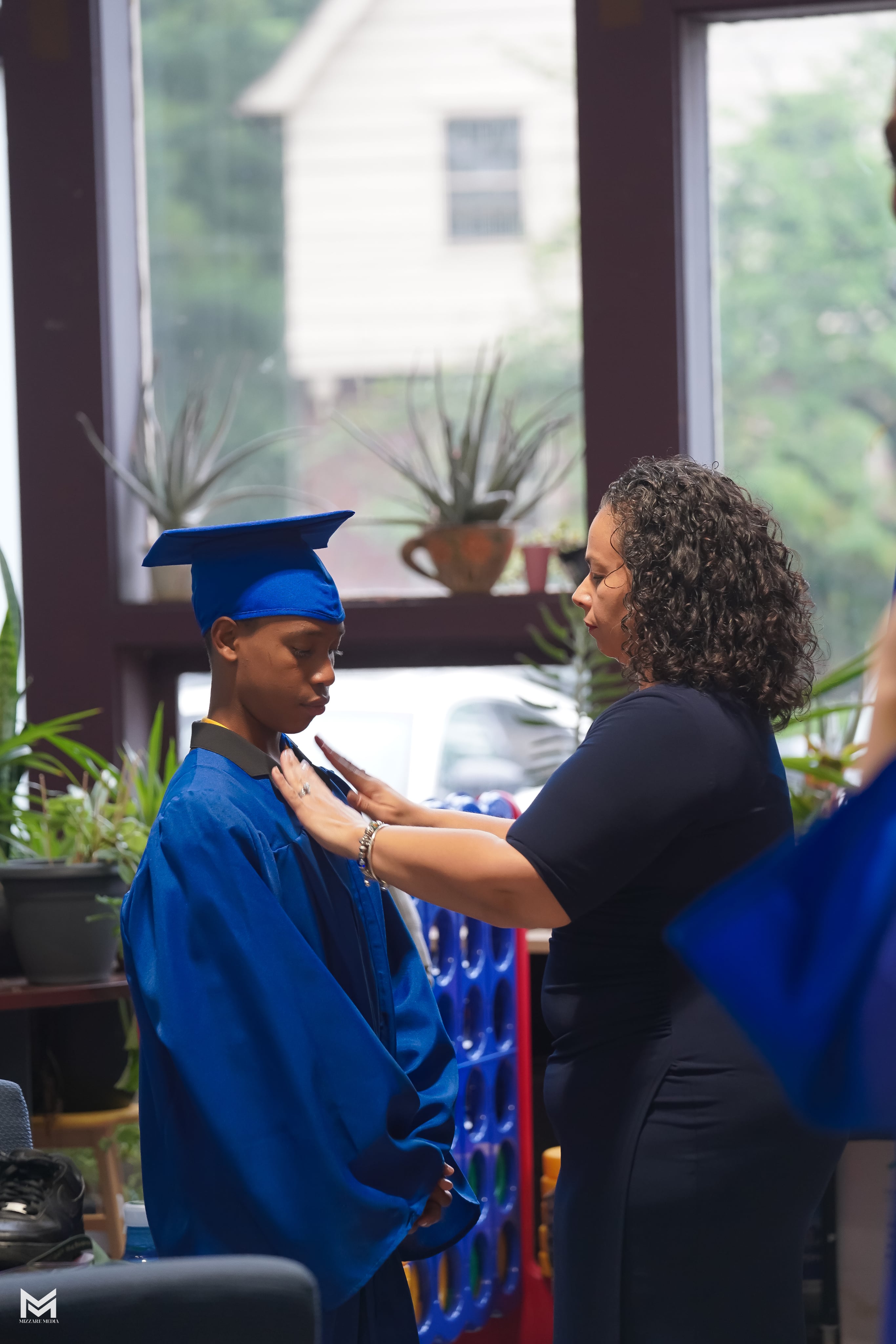
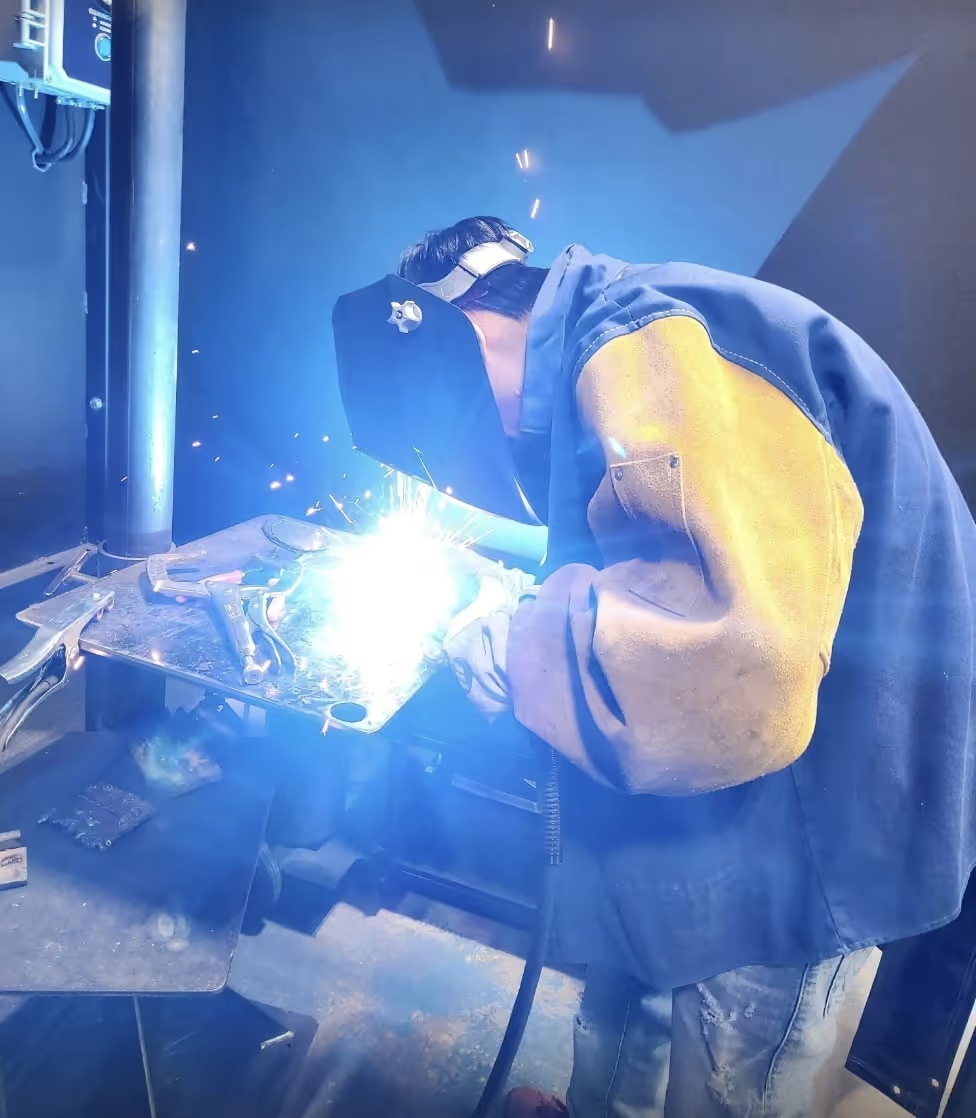
-min.avif)
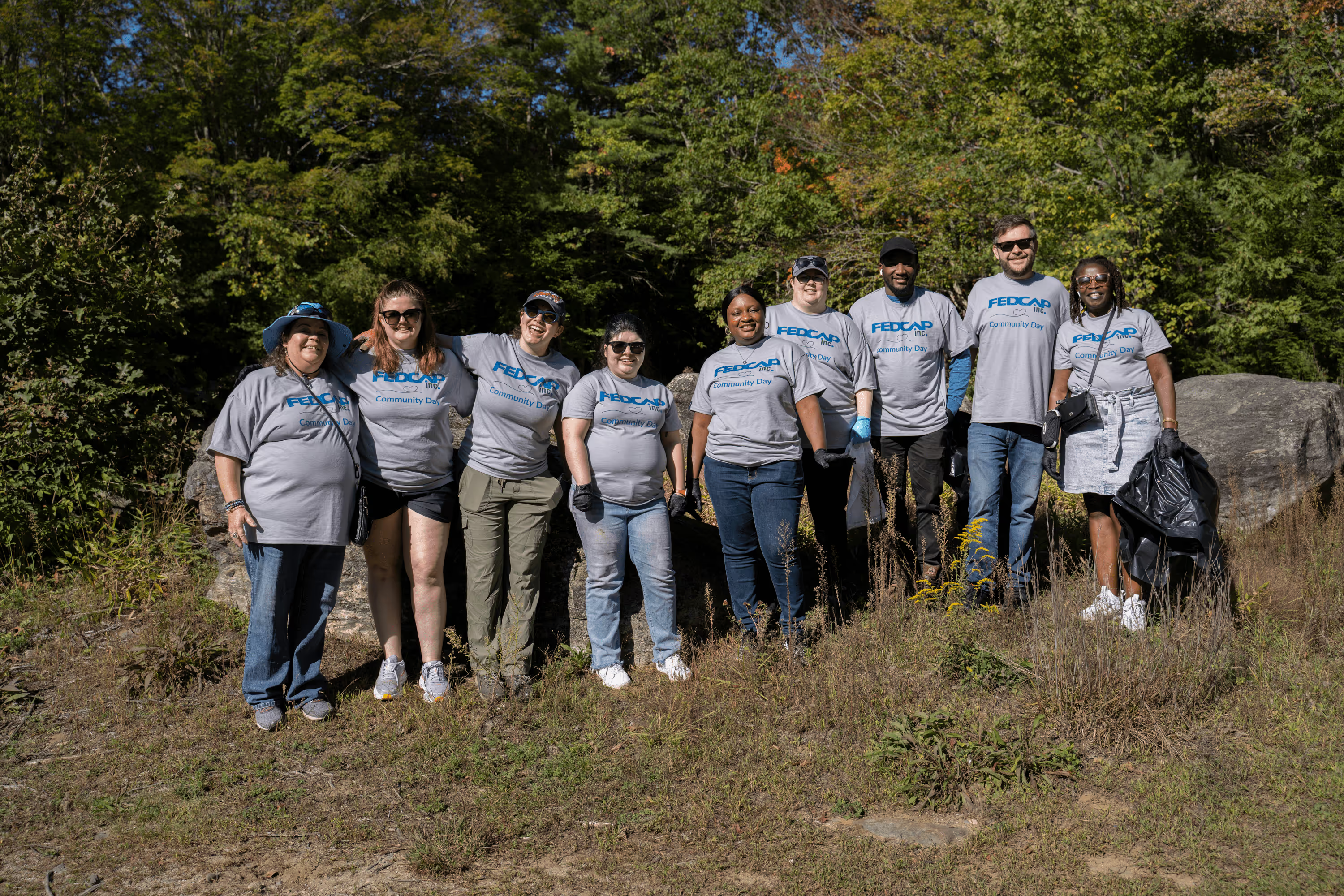
-min.avif)





.png)


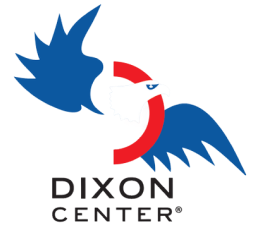





%201.png)





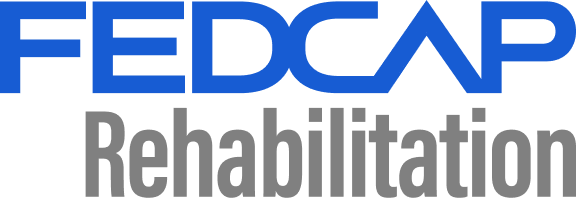







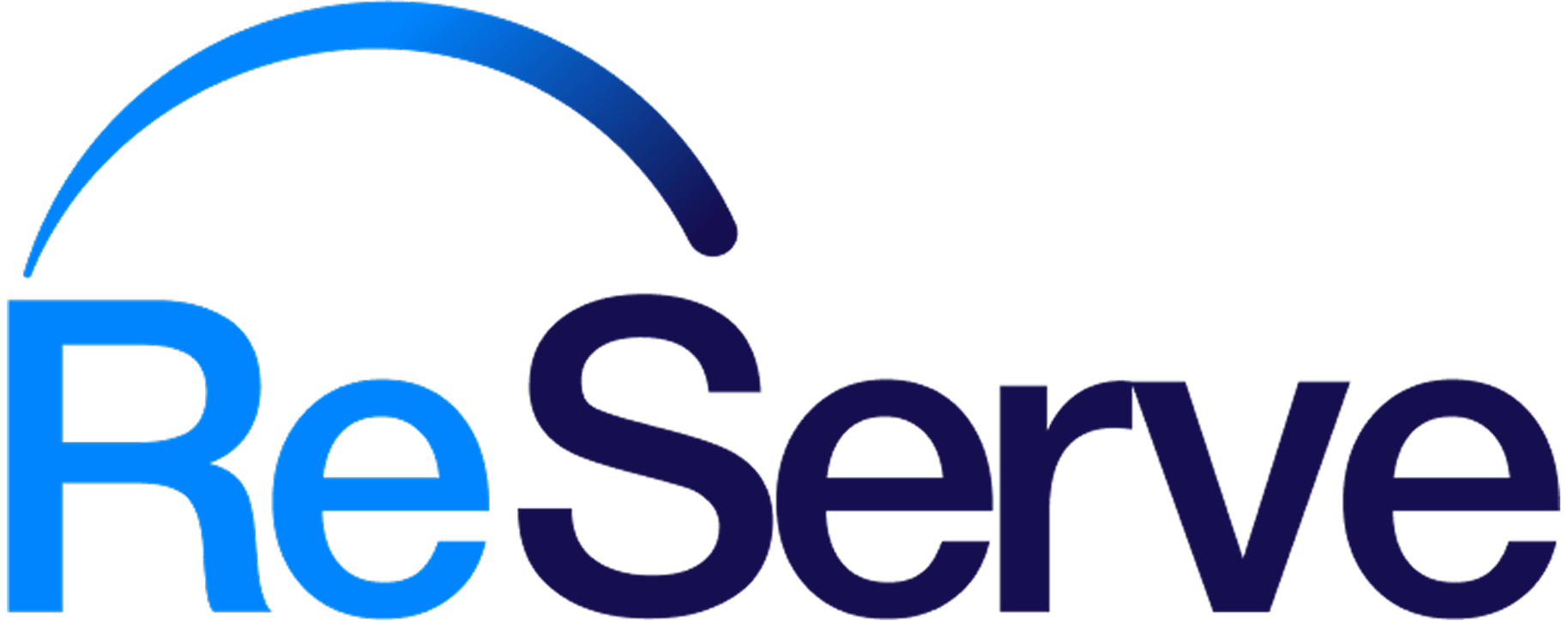

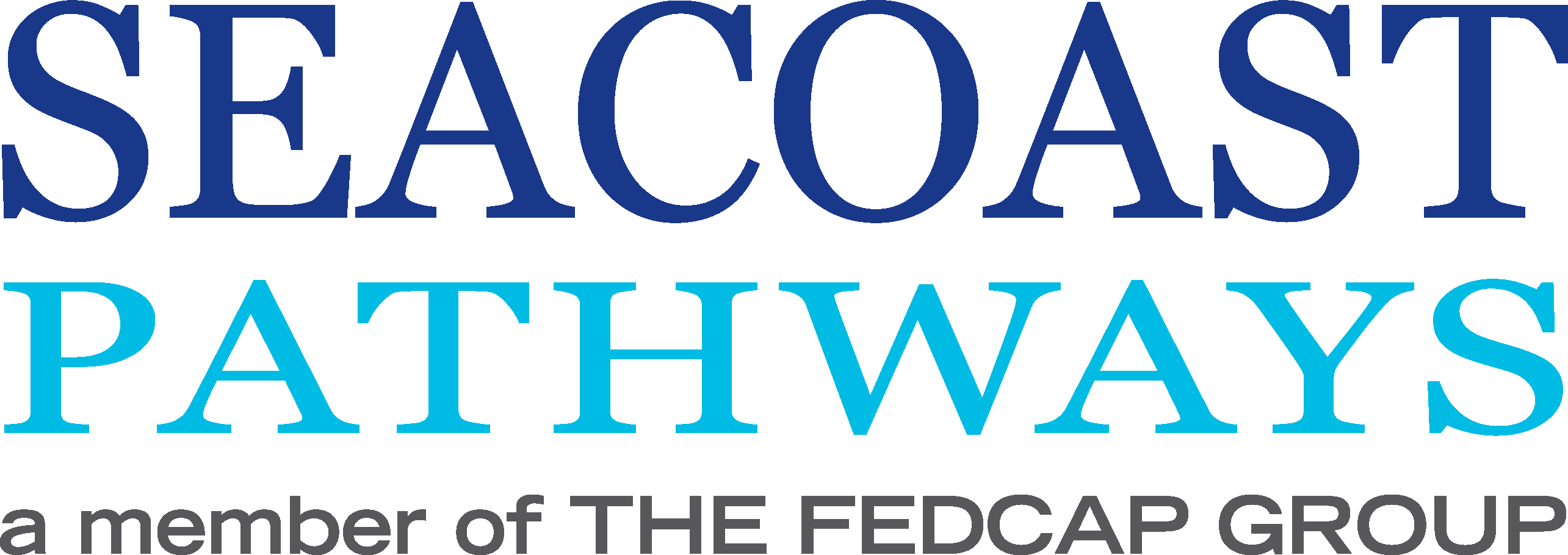


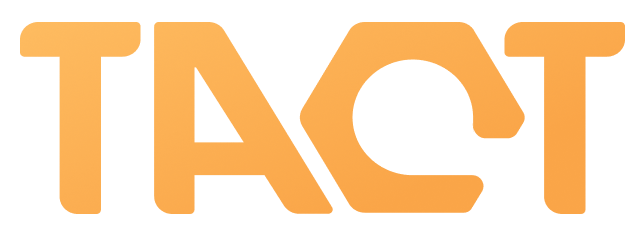


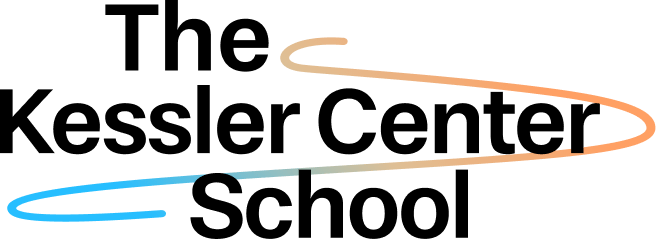
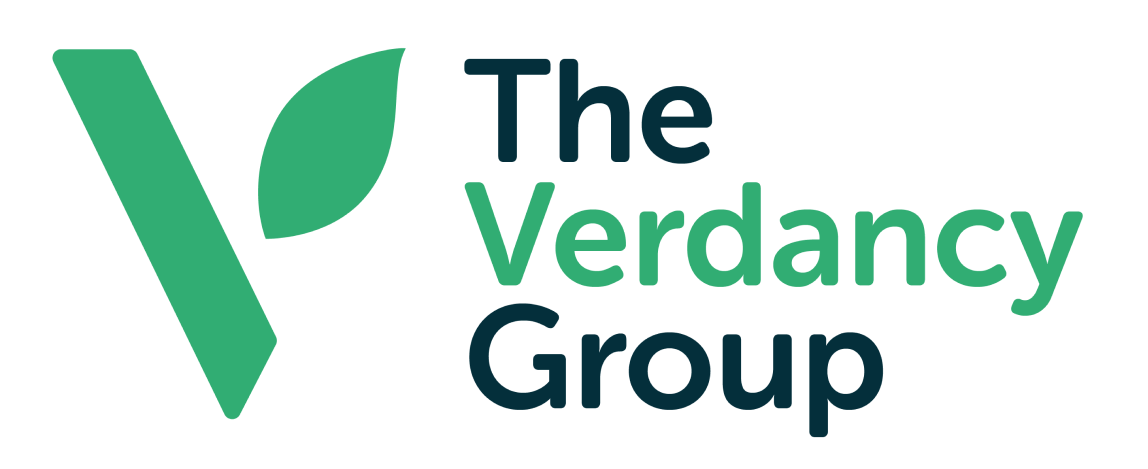


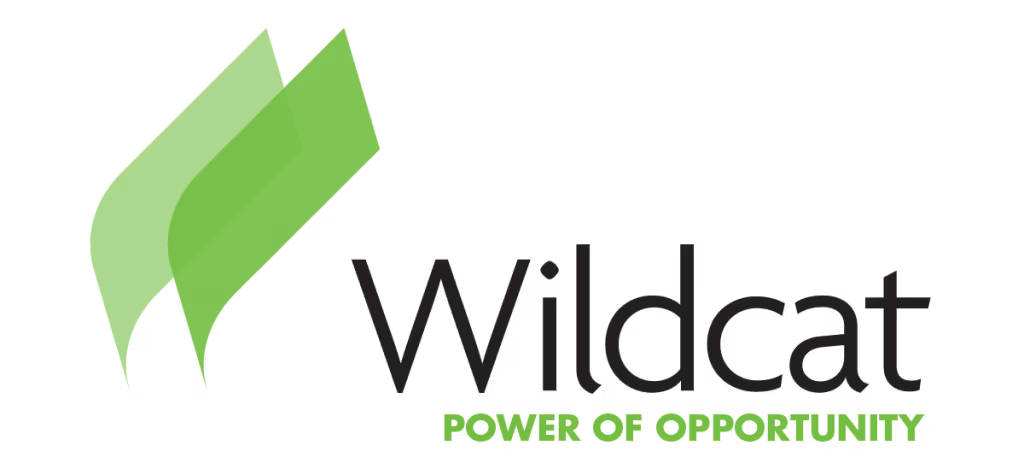
-min.avif)


